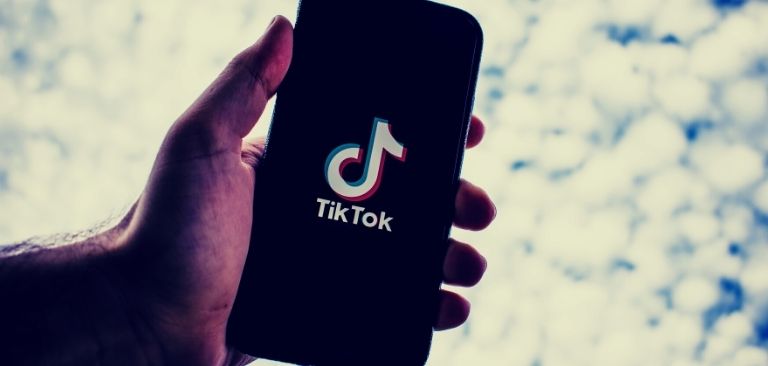China’s massively popular viral video app TikTok has new rules that pertain to the upcoming US presidential election. The focus is expectedly on preventing users from spreading “misinformation and manipulation.”
The timing to introduce an updated content policy is interesting for another reason – the announced ban in the US, a problem the owner, ByteDance, is looking to solve by allowing Microsoft (or perhaps another US giant) to buy its flagship app for the global market outside of China.
TikTok is under scrutiny in the US on suspicion that it may be mishandling US users’ data by applying China’s laws – something that the company has denied.
It is in this context that the new community guidelines have been revealed, that now for the first time mention “deepfakes” and the like as the kind of misleading content that is not allowed on TikTok.
TikTok said that while it wants its users to be able to have “respectful conversations” it will ban anything on the platform that is seen as causing harm, including hate and prejudice, panic-causing and medical misinformation, as well as content that “misleads community members about elections or other civic processes.”
As to who may help define what passes for misinformation and then expose it, TikTok mentions that its existing fact-checking list of partners would be increased to include PolitiFact and Lead Stories, and that this is done with the US election in mind.
So far, TikTok has been fact-checking information about climate change and coronavirus with the help of third-party contractors.
The guidelines then mention another type of behavior that is prohibited on TikTok – something referred to as coordinated inauthentic activities.
The rules go into some detail about what this means: one scenario is creating accounts on the platform with the goal of exerting influence and swaying public opinion, at the same time hiding the account’s true purpose, “identity and location” – and in this way behaving in a misleading manner.
In addition, TikTok has another partner – the US Department of Homeland Security Countering Foreign Influence Task Force – also in order to fight misinformation, although it appears to be suspiciously short on detail when it comes to what this collaboration means.
TikTok’s move to fact-check content is ironic since the company has faced many allegations in the past of censoring content on behalf of China.
If you're tired of censorship and dystopian threats against civil liberties, subscribe to Reclaim The Net.









